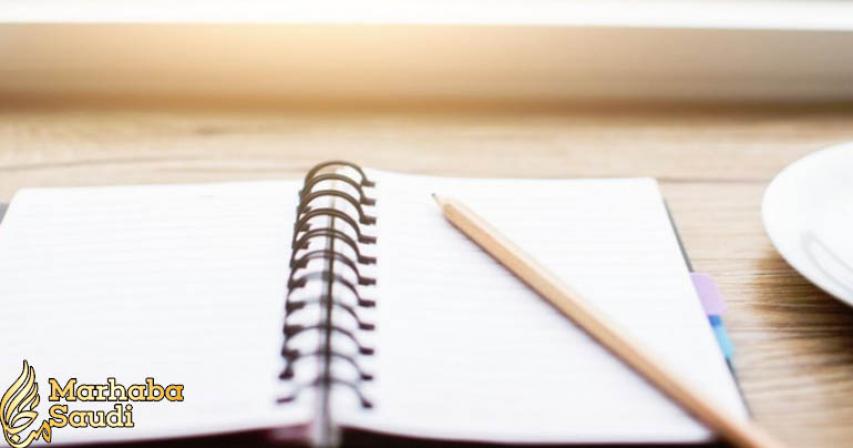The secret to writing faster and with more focus -- Writing in your sleep!

One of the most powerful tools in my creative arsenal is what I call unconscious creativity.
No, I do not ask someone to brain me with a hammer and I don't even need to be actually unconscious. This is when I simply allow my unconscious to do all the heavy lifting for me creatively. It is the use of this method that has allowed me to write quickly when working as a newspaper reporter and to generate several books while also working a demanding full-time job and going to school.
This method falls back on the age-old advice to "sleep on a problem". Have you ever been worried about a decision or struggled to remember something important before bedtime only to wake up the next morning with the answer sharp and clear in your mind as if it was a gift from the gods? It is a gift of sort, but no outside agency delivered it to you. The answer was supplied to you by your greatest creative ally-your subconscious.
Unconscious creativity uses the power of the unconscious mind. The simplest technique is incubation, where after thinking about the challenge consciously for some time, it is put to one side and left for a while. Often a solution will pop into your mind unbidden, as your mind continues to work on the problem below your level of awareness.
The human brain is a beautiful, highly-functional instrument and yet we utilize so little of its power. Our unconscious does amazing things for us. It helps with our daily coordination needed for useful tasks such as walking, eating, breathing, driving. It stores memories for us, it keeps a check on those things that are truly important to us (our values), it reminds us what we believe. Most of the time it does these things (and a myriad more) without us even having to consciously think about it - that's why it's called the unconscious, by the way!
However, it does something even more wonderful: it is able to sift and sort vast quantities of data (things we have seen, heard, said, felt, smelt, tasted) and recognize patterns and generate ways of responding. It sometimes does this in wonderfully creative ways. We often overlook the potential of our unconscious mind and instead let it worry about such trivia as our dental hygienist's name and whether or not we remembered to buy peanut butter. However, it doesn't have to be that way. Using the unconscious as a creative tool is very simple.
Spend some time consciously thinking about your writing task or challenge. What are the parameters of the project? What are the special requirements? What ideas do you have already? What specific questions do you need to work on further? Sometimes even spending some time jotting down the ideas you have is a good idea. Don't work on shaping or organizing them. Just record them on paper or computer file. You may not even need them later, but the process of recording them can be a helpful way to prepare your subconscious for its task.
Then forget about it! That's right. Move on with your life and consciously think about something else. Revise another project. Read something for education or pleasure.
The incubation time varies according to your creative personality and of course the size of the project at hand. I've found a few days usually works best although even giving myself a few hours can be beneficial. Doing something physical is often helpful during the incubation period and sometimes this is the only time I really get my gardening or housework accomplished!
When I am working on a novel I allow my subconscious to work scene by scene through the book and often when I sit down at the computer I find the words just flow throw me as the scene plays itself in my head almost like a movie. I have heard of several authors who are able to program their dreams so they are literally writing in their sleep. Dreams can be as vivid as a painting, as resonant as music, and as symbolic as poetry. Using this method I can often write a scene a day (sometimes in less than an hour) which is fairly decent progress while simultaneously working full-time and maintaining a life.
While it is often frightening to think about trusting something as important as the writing project of your heart to your subconscious, it might help to remember that your brain is a muscle of sorts. Your unconscious mind controls many muscle functions for you all the time (try thinking about the way that you walk while you actually walk. I always trip when I think too much about the action of walking and yet I don't trip when I'm not thinking about it.)
The same is true for great athletes. They talk about being in the zone. The zone is simply the place where they can act and react without consciously thinking about what needs to be done. The body and unconscious mind handle all the details. Thinking too hard can actually interfere with the zone and this is true of writing as well. Interestingly, a recent study of professional and amateur golfers showed that the amateur golfers had significantly more conscious activity when playing a shot than did the professionals. I would bet something similar would result if experienced and novice writers were studied.
So give unconscious creativity a try and see how far it takes you. Simply program your subconscious and then leave it alone to incubate for a while. It may take some time to find the method of tapping into your subconscious after your incubation period. For some freewriting or journaling serve to unlock the fruits of your unconscious labor. Usually, I sit myself down and begin the task at hand. It is often slow-going at first but I force myself forward and at some point my subconscious kicks in and the words start flowing and the keyboard starts clicking away.
Best of luck with your writing!






Comments